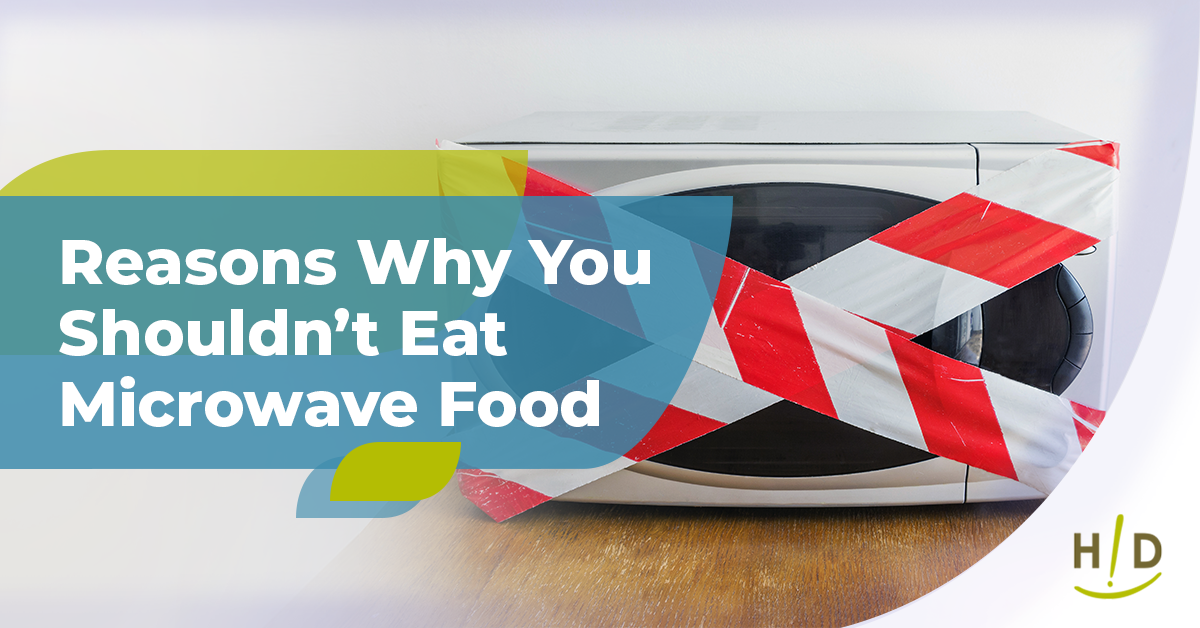I’ve researched for years how diet and lifestyle impact thyroid health. Though I’ve learned so much, new research continues to surface providing even more insights and better guidance. I recently came upon an interesting clue that most women need to learn.
If you have weak nails and notice you have thinning hair, what do you turn to? Most likely it will be Biotin. You can get it at any local big box drug store and even Costco carries it in large bottles. Any hairdresser will tell you to go get some.
As a card-carrying member of Costco, I can attest that some things I buy in bulk are an excellent deal. Toilet paper and paper towels are my number one purchases from them. Avocados are a close second.
Several years ago, when I noticed my hair was thinning, and was told Biotin is the best thing for my hair since vitamin B7 was the missing key to bringing back my long locks, I found the container with the most pills and the highest dosage and set out to bring back the hair of my youth.
Unfortunately, around that time I also learned that I had a sluggish thyroid and was placed on a compounded version of the hormone T3 so I could regain some energy for my poor thyroid.
The ensuing years seemed to be a roller coaster of thyroid tests that fluctuated more than my weight, and little did I realize that one major culprit was the seemingly innocent Biotin I was taking for my thinning hair.
For those of you who are through with menopause and have found yourself in this thyroid confusion, just know that it wasn’t something you ate. It wasn’t that you took the wrong supplements necessarily and it isn’t just one thing.
Thyroid health, especially for women has become an increasing problem and growing at an alarming rate. While I can attest that I don’t have all the answers, because we women will naturally see a reduction in our hormones as we age, which can be a contributor.
We do need a little Biotin in our daily life. Biotin is a component of enzymes involved in the breakdown of amino acids, the building blocks of protein, or the formation of long-chain fatty acids, the building blocks of fat. Biotin plays an important role in the formation of carbohydrates from non-sugars such as fats and proteins, thus helping the body to maintain normal blood glucose (blood sugar).
Biotin also plays a role in the growth and maintenance of nerve tissue. In cells of hair roots and of nails (so-called keratinocytes), biotin facilitates the formation of keratin, the building block of both hair and nails. Thus, higher concentrations of biotin can lead to the visible effect of smoother skin and healthier hair and nails. In contrast, Biotin deficiency can lead to skin inflammation with redness and scaling, dry, cracking skin, hair loss, and a swollen and painful tongue. The complete absence of biotin causes a severe form of skin condition seborrheic dermatitis called Leiner's disease.
Recently, there has been some evidence that Biotin may improve blood glucose levels, as well as symptoms of peripheral neuropathy (nerve disease) in people with diabetes. However, the research conducted thus far is inconclusive.
The Institute of Medicine recommends 30mcg of Biotin a day. Besides being found in many supplements, Biotin is available in small amounts in brewer's yeast, egg yolk and sardines; nuts (almonds, peanuts, pecans, walnuts) and nut butters; soybeans, beans and black-eyed peas; whole grains; cauliflower; bananas; and mushrooms. In foods, it is bound to proteins. To be absorbed in the human gut, Biotin must be chemically separated from these proteins by an intestinal enzyme called biotinase, which is made by some bacteria in the human intestinal system.
If you look at the ingredients in most of the hair loss products, as well as the nail and skin products, you will find 500 mcg of Biotin and above in them. That's 20 times the Institute of Medicine guidelines.
This excess Biotin in blood levels will interfere with lab tests resulting in a low thyroid hormone level reading, depending on which lab testing system is being used. After stopping Biotin, interference with laboratory tests has been reported to disappear within eight hours, although other researchers have reported it might take 24 to 48 hours for some of the more typical tests that might be ordered, and up to seven days for some antibody tests.
While removing Biotin supplementation from your daily regimen may not be the answer to a healthy thyroid, it just might give you and your health care provider a better test result from which to work.
As I have removed gluten, refined sugar, and the biotin supplement, my tests have not only stabilized but my thyroid function has improved immensely. A big secret that I think has made a huge difference for me has been the amount of SuperFood and BarleyMax that I am taking each day. I started taking 3 tablespoons of each daily. I mix 1 Tablespoon of each together with cold distilled water and drink them three times a day. My last thyroid test had such a remarkable improvement that if I continue this routine, I can easily see myself working out of any need for thyroid meds. After 6 years, I am eager for that to happen. But, eliminating all plastics (including bottled water), staying away from endocrine disruptors, drinking pure water, exercising daily and managing stress must be a high priority every single day and even then, I can’t guarantee that the issue will ever be totally resolved, but at least your symptoms may improve and your medication dosage may not increase.
Lay off the Biotin and see how that affects your thyroid test results. Let me continue to experiment on myself and I will let you know how it goes.





